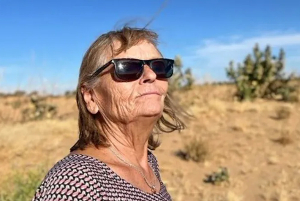Accra, May 5, GNA - Mr. Herbert Boh, Senior Communications Officer for World Bank Africa Region, on Wednesday said a new Access to Information Policy would be implemented on July 1, aid the work of journalists and civil societies world-wide.
He said the policy would place the bank at the forefront of transparency and accountability among international institutions. Mr. Boh was addressing journalists and civil societies at a video conference organised by the World Bank in Accra. He explained that the policy would shift the bank's focus away from disclosure of information to access to information and a paradigm shift in the way the bank would engage with its clients, stakeholders and the public. Mr. Boh said it would enable the bank disclose any information in its possession provided that information did not fall under the exceptions set out in the policy. The exceptions include per sonal information, communications of executive director's office, and proceedings of the ethics committee for board officials, information subject to attorney-client privilege, security and safety information and financial information. Others are; information under separate disclosure regimes and investigative information, information provided by member countries or third parties in confidence, corporate administrative matters and deliberative information.
Mr. Boh said since there had been drastic change in development and information technology, the bank deemed it necessary to make information available and easily accessible to the public. He said the policy would permit the bank under exceptional circumstances to restrict access to information that it would normally disclose, if it determined that, such information would cause harm that outweighed the benefits.
Mr. Boh said the bank would readily and easily make information accessible to the public except the government of a particular country made it clear to the bank that the information was confidential. However, he noted that if a particular piece of information was in the public's interest, the bank would not hesitate to make it available, adding that the public could as well appeal to the bank if it did not disclose something that they believed should be made public. "The policy if implemented would promote development in Africa, encourage ownership in the developing countries and also provide knowledge on a platform for easy access by the public", he added. Mr. Boh said the policy would provide timelines for declassifying and disclosing certain information created or received under previous versions of the bank's disclosure policy.
He noted that deliberative information would be made publicly available after 20 years, unless the deliberations reflected or related to information that was restricted and not eligible for declassification. Mr. Boh urged the public to read and understand the policy to be familiarised with information. 5 May 10
Business News of Wednesday, 5 May 2010
Source: GNA
World Bank implements new Access to Information Policy on July 1
Entertainment











